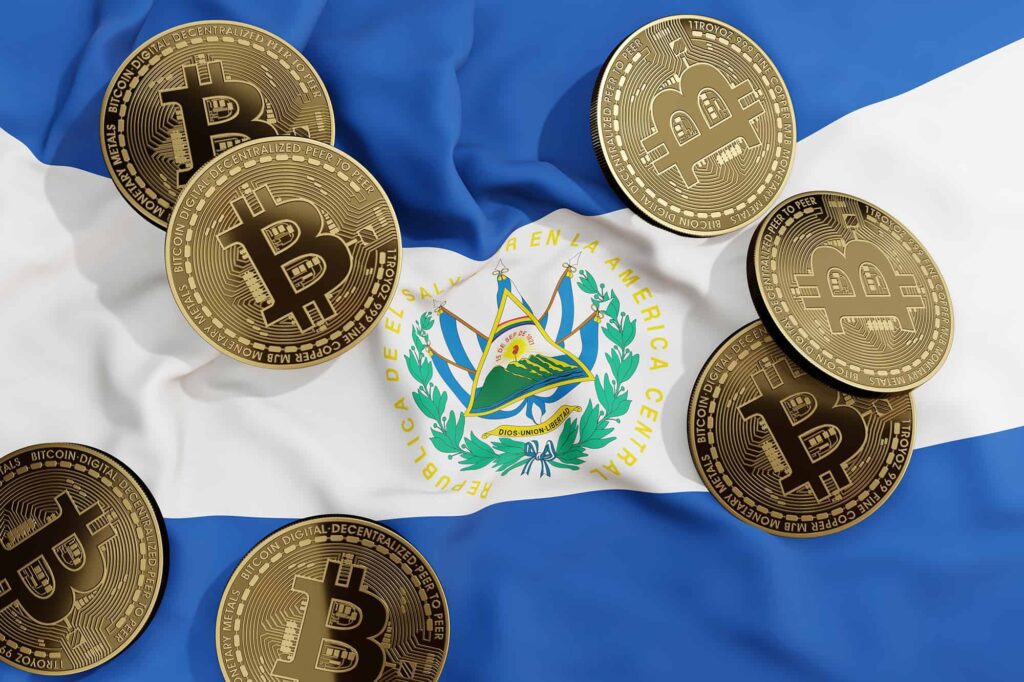The adoption announced by El Salvador de Bitcoin, because the legal, seems to undergo a significant demotion because companies are no longer obliged to accept cryptocurrency.
As part of a $ 1.4 billion loan agreed with the International Monetary Fund in December, the government’s participation with the digital chivo portfolio will be “gradually unrolled”. At the end of January, during a vote of 55-2, the El Salvador Legislative Assembly adopted changes to the Bitcoin law, eliminating the word “currency” but keeping the call for tenders. The modifications will take effect on May 1, 90 days after the publication of the legislation in the Official Journal.
“Bitcoin no longer has the strength of legality,” economist Rafael Lemus told AFP. “It should have always been so, but the government tried to force it to exist, and it did not work.”
Users are now free to accept Bitcoin or not, but it cannot be used to pay taxes or state bills. President Nayib Bukele admitted that the introduction of Bitcoin as an official currency alongside the US dollar in September 2021 – the first decision in the world – was the “most unpopular” measure of his government, alongside rigorous anti -gang security measures.
El Salvador still has 688 Bitcoin in reserve, of an estimated value of $ 574 million, including $ 287 million.
On February 13, the executive president of Bukele and Microstrategy, Michael Saylor, explained how the adoption of Bitcoin could be accelerated around the world, with the National Bitcoin office of El Salvador, considering establishing nodes in each cleaning. The objective was to stimulate public perception of how Bitcoin can work in daily contexts.
“President Bukele continues to buy Bitcoin, we have a Bitcoin office, we have the Bitcoin law, Bitcoin can be used in El Salvador,” said El Salvador ambassador to the United States, Milena Mayorga, at a Bitcoin conference. “But” it was not an easy road. ” A survey published by the central Jesuit American University in January revealed that 92% of the Salvadoran had not used Bitcoin in 2024. Of the 8% who said they had done so, the average was only 14 times a year.


